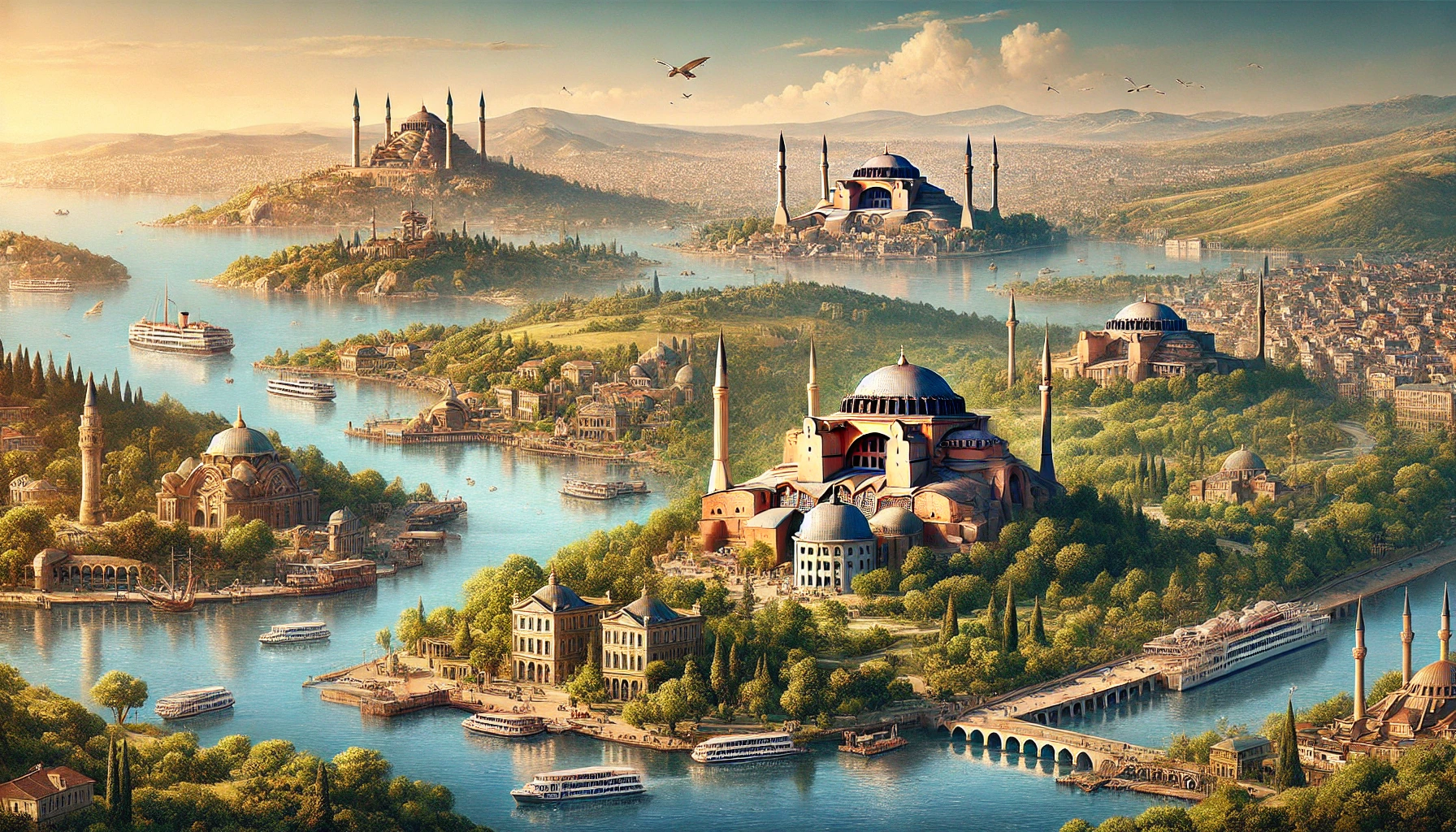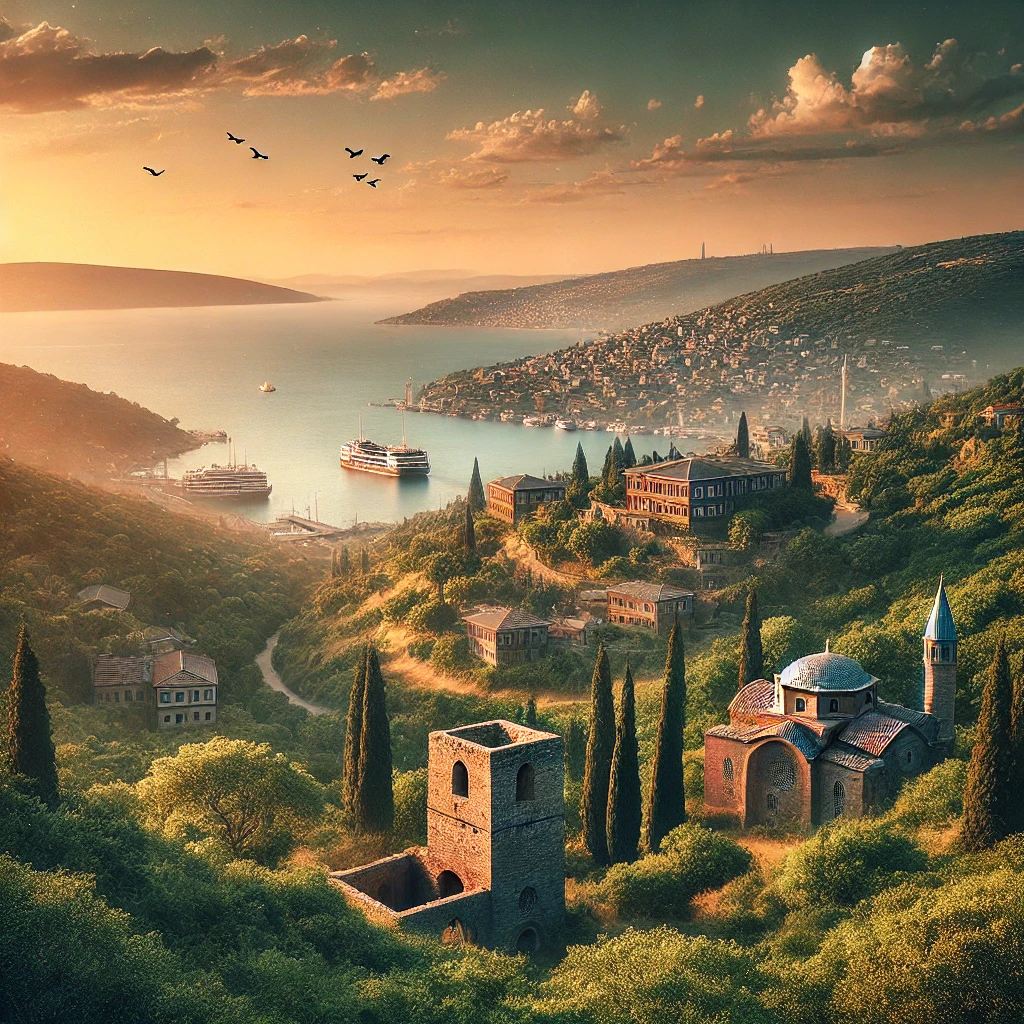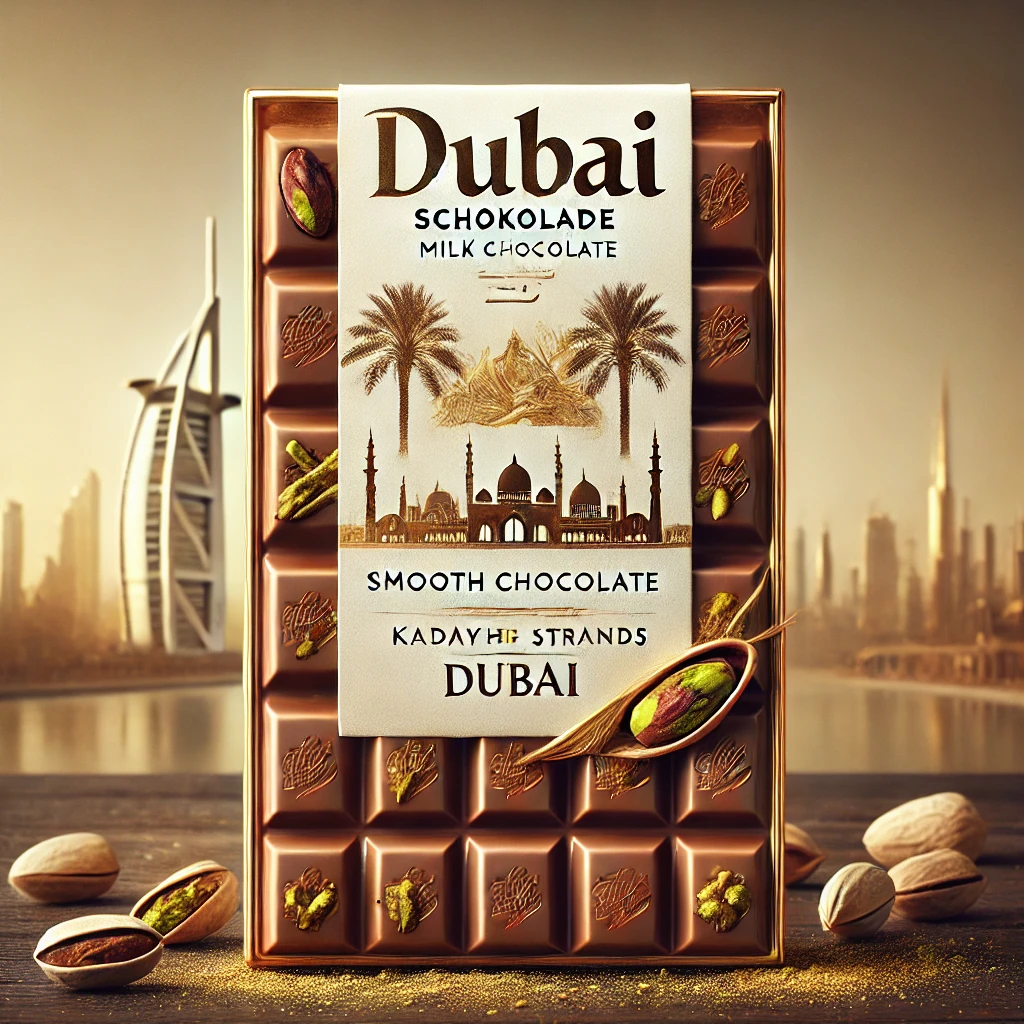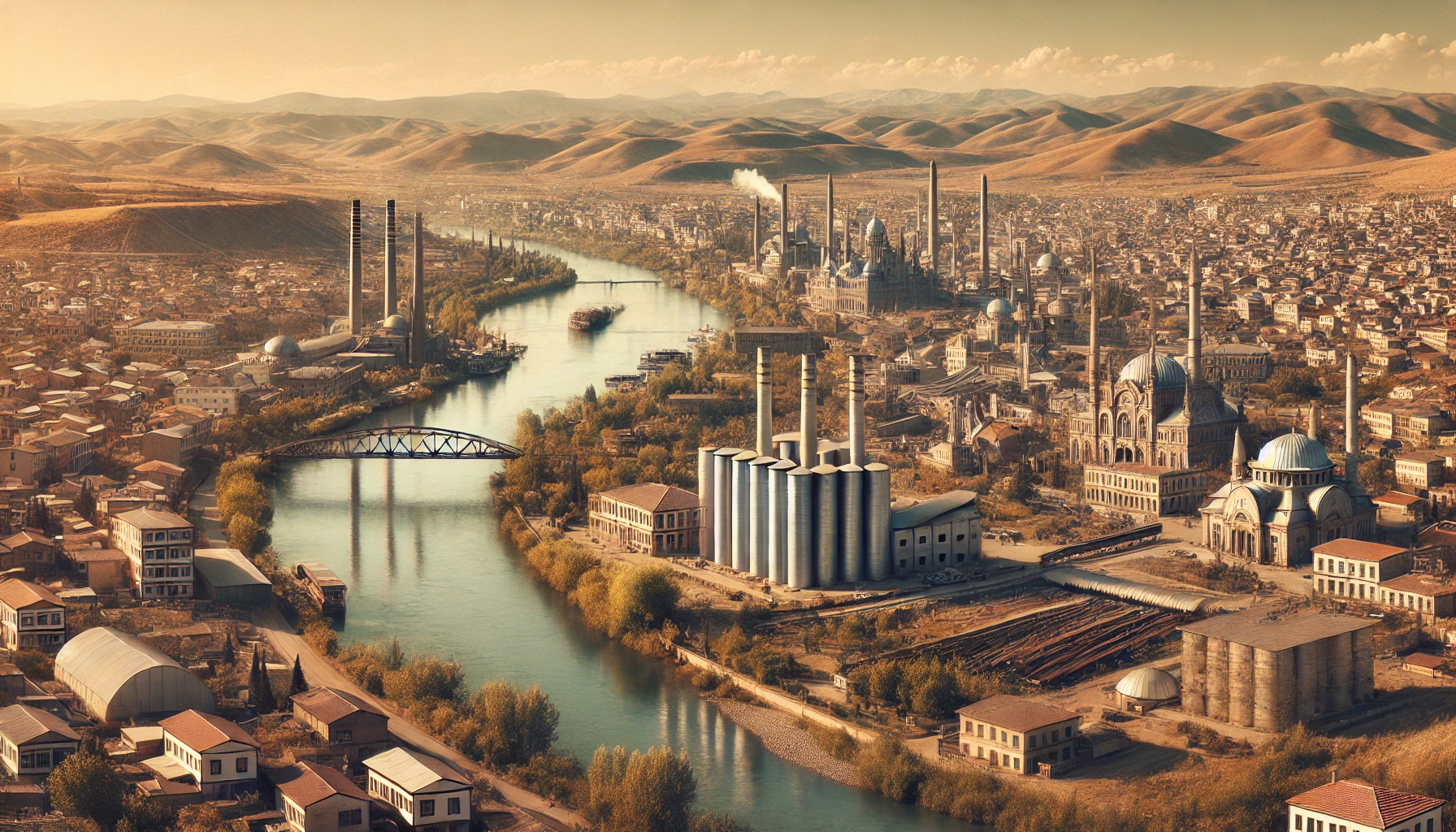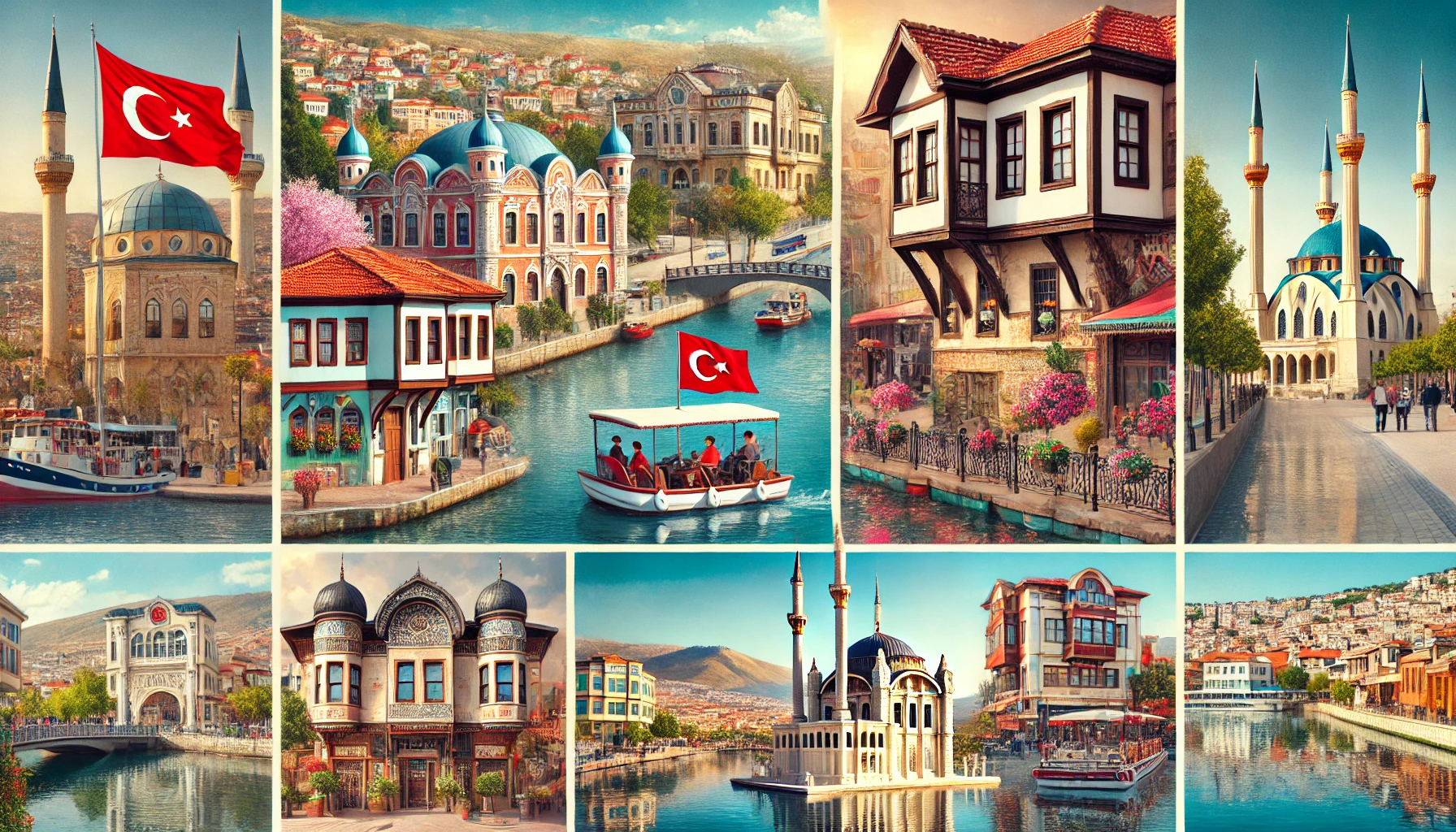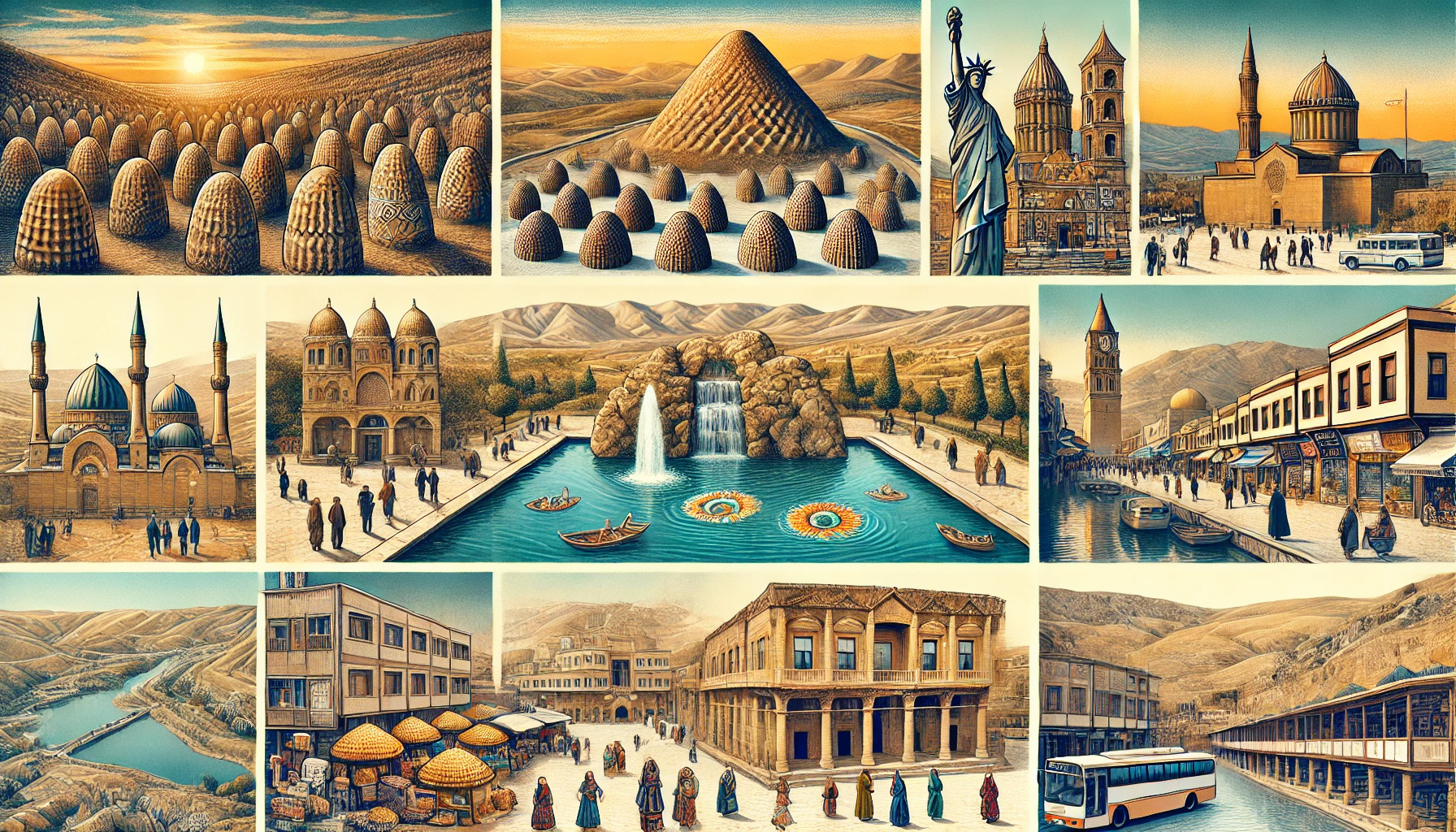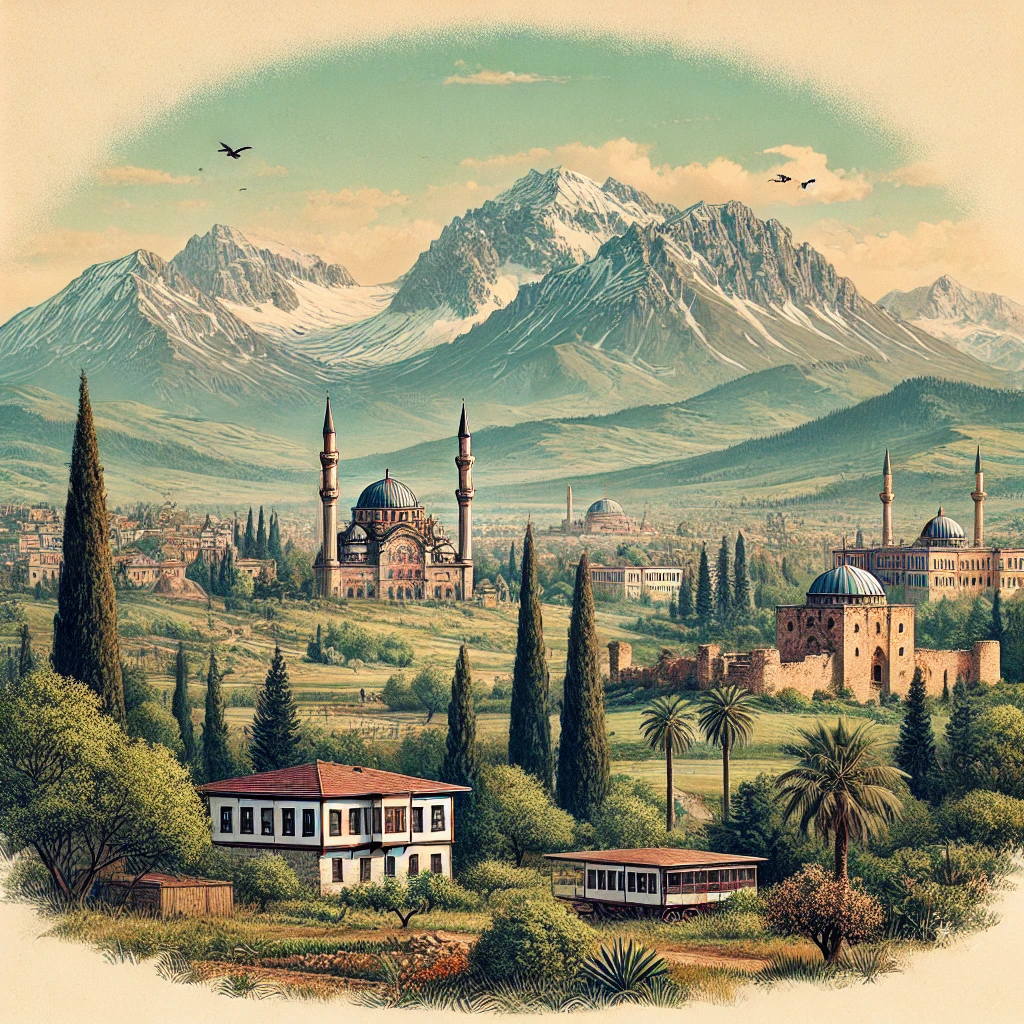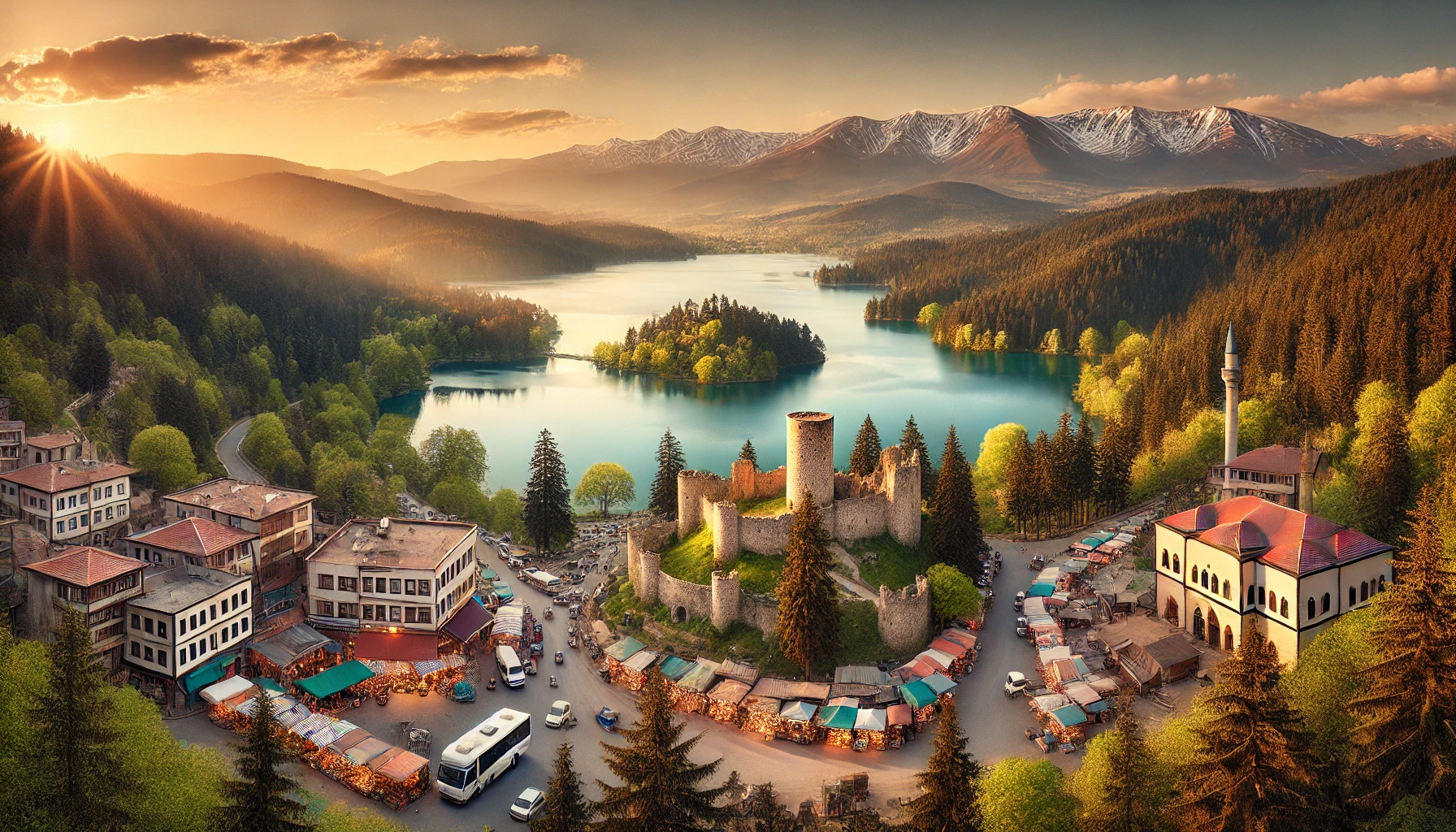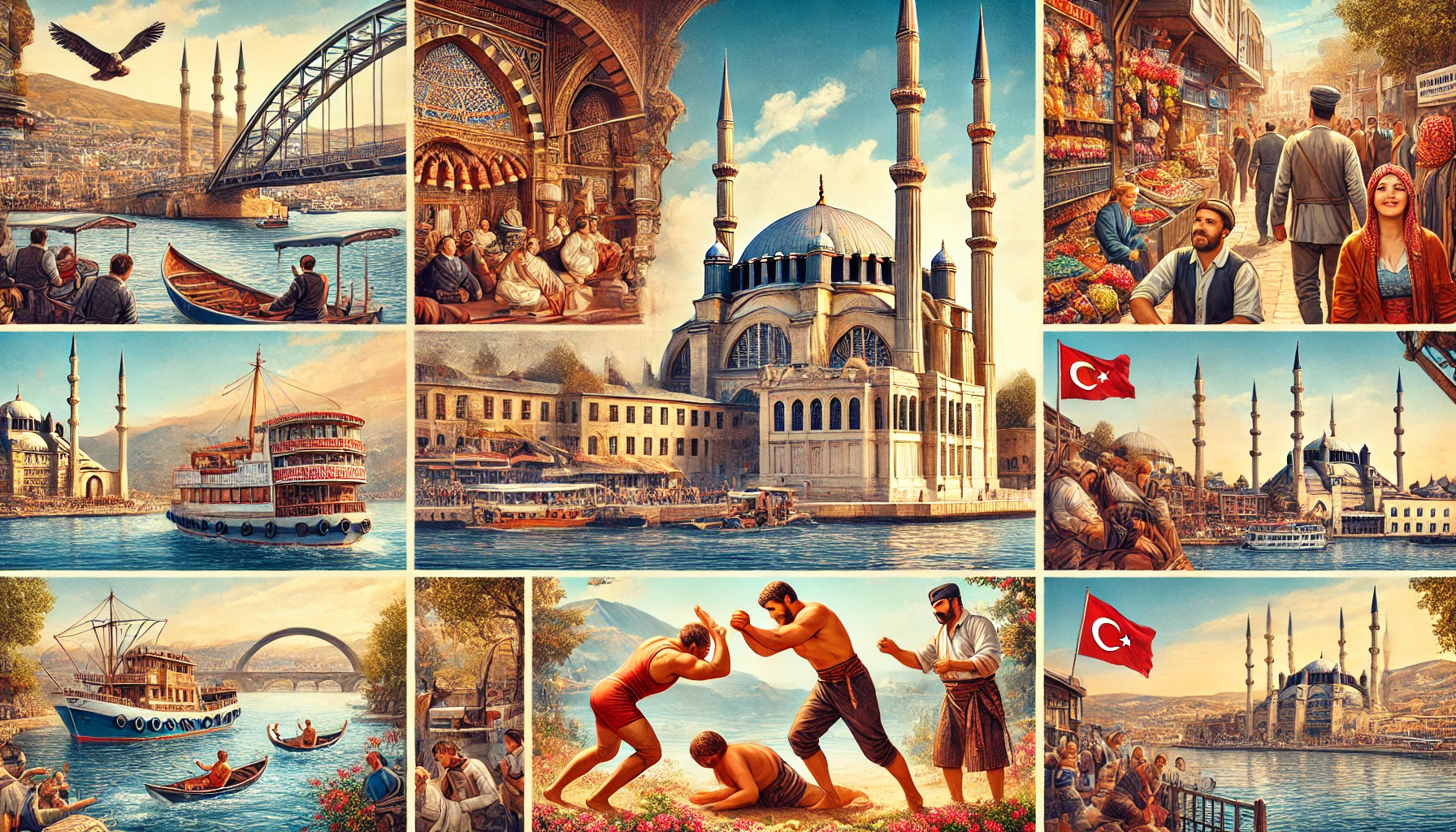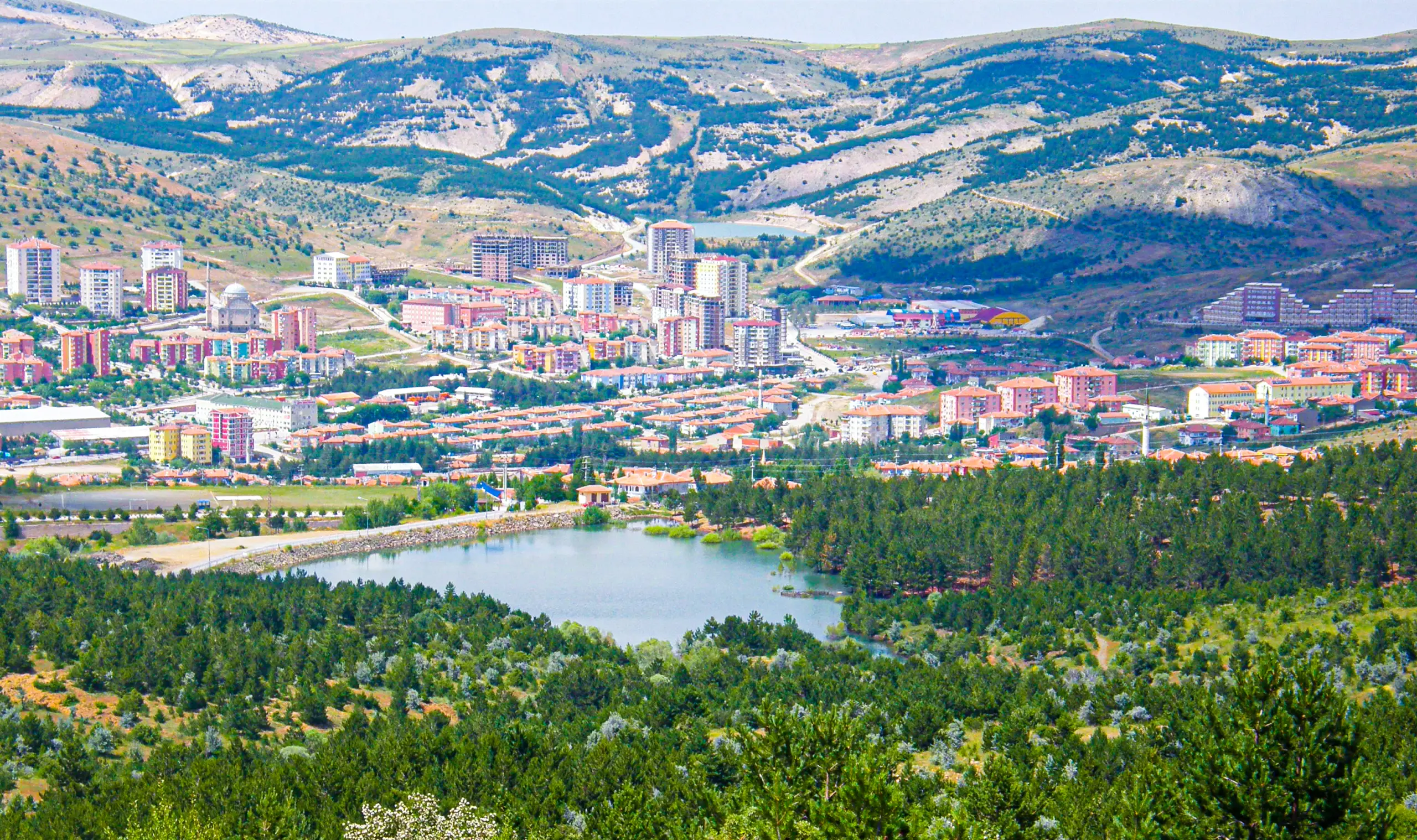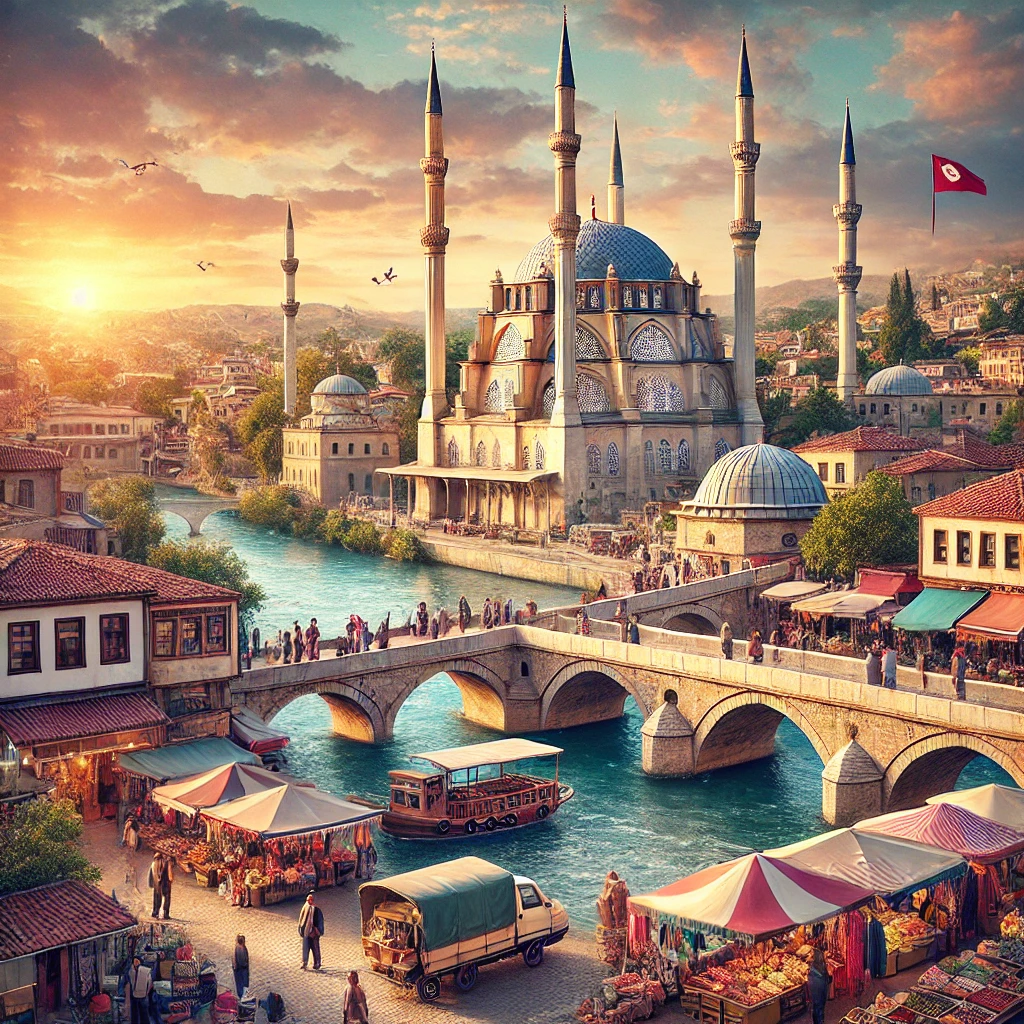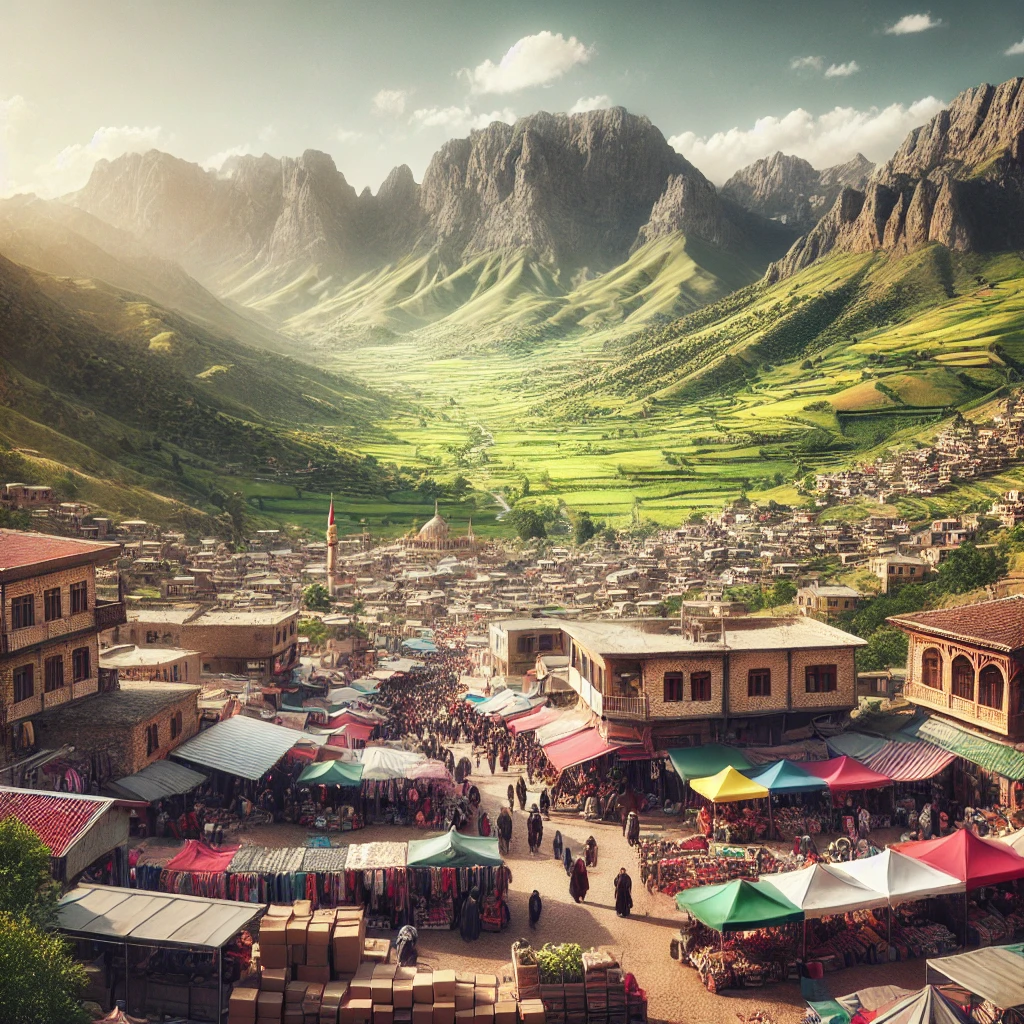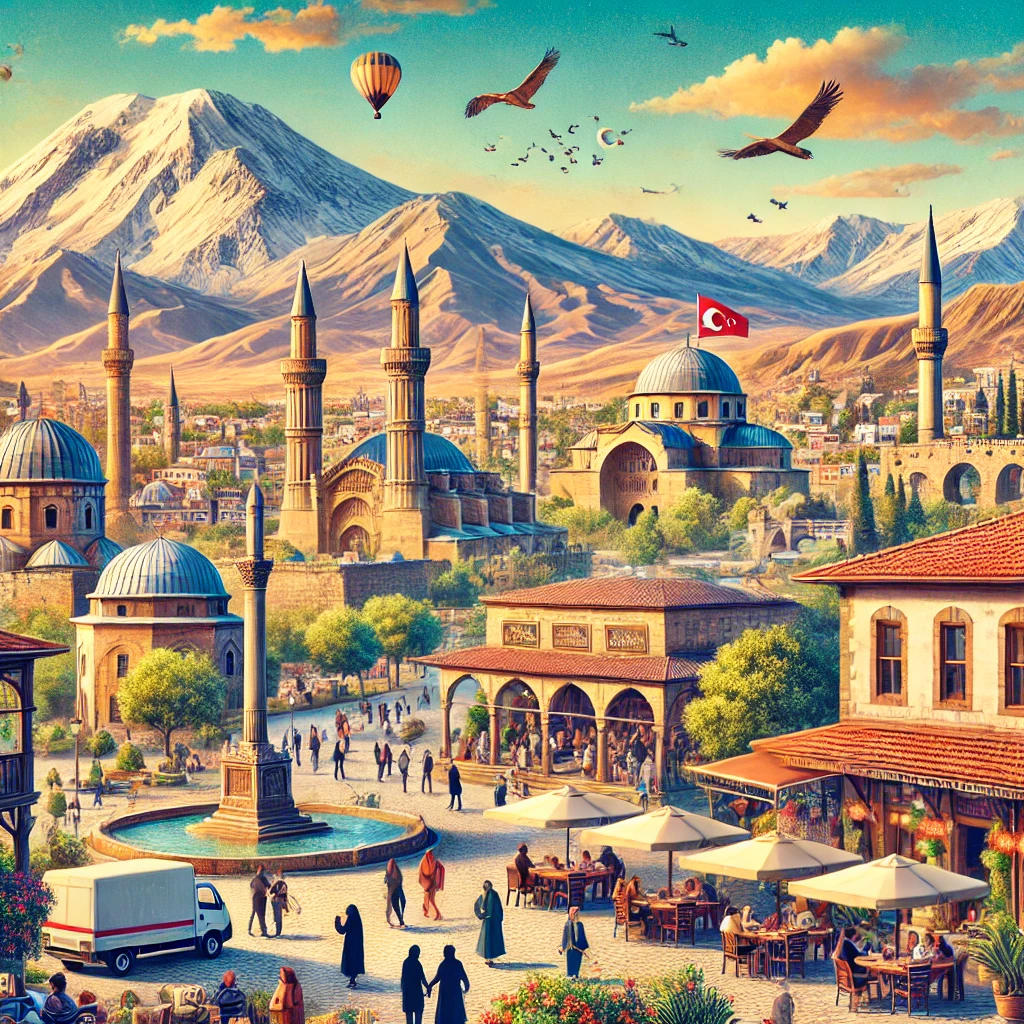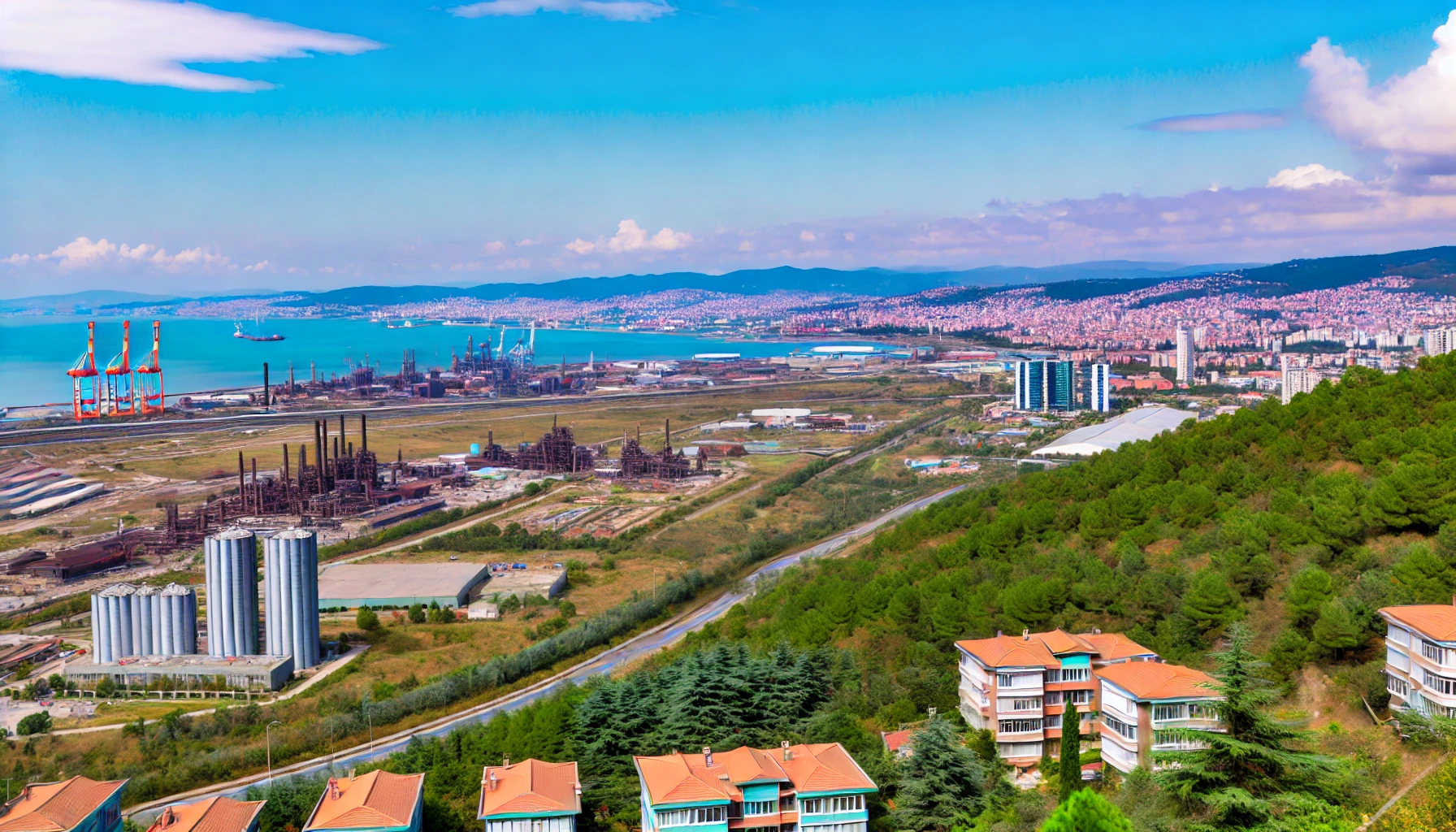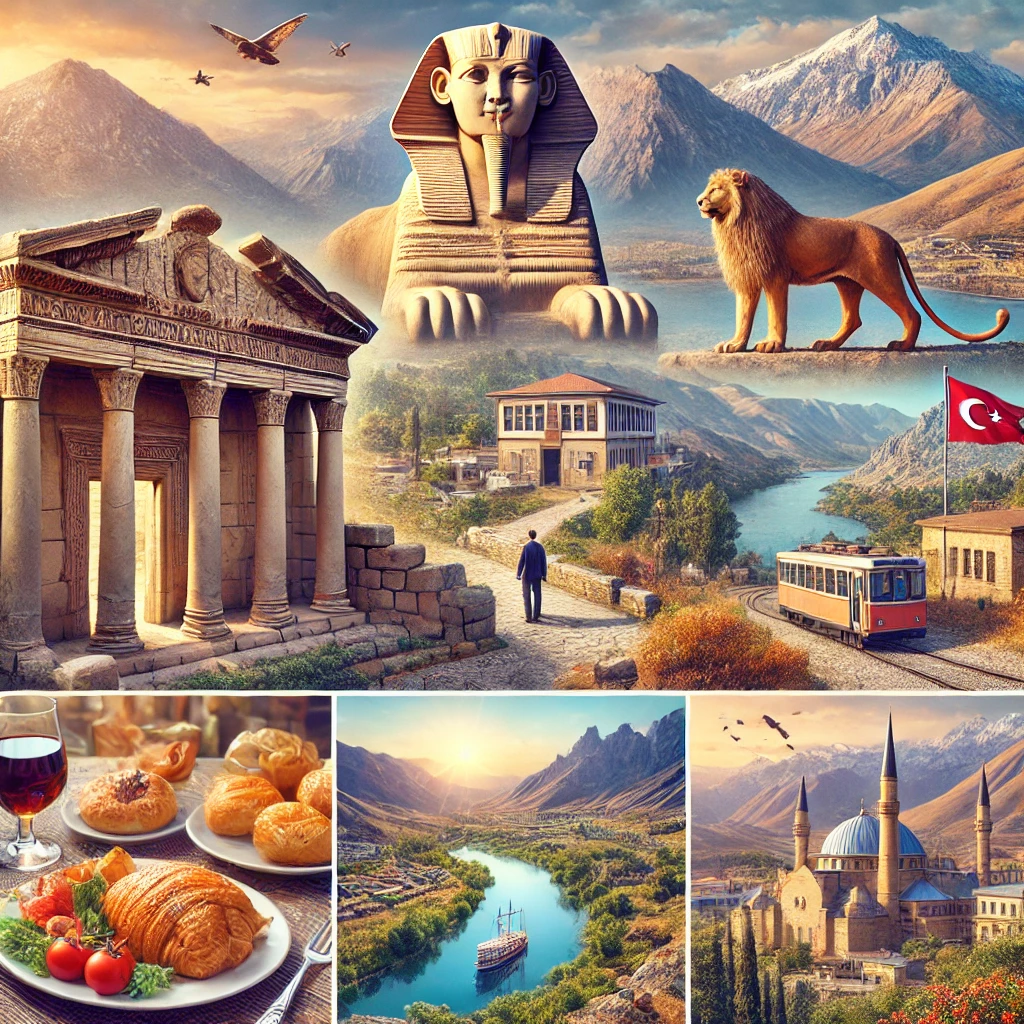Marmara Region: Turkey's Vibrant and Diverse Heart
The Marmara Region, often referred to as the gateway between Europe and Asia, is one of Turkey’s most dynamic and diverse areas. Known for its bustling cities, historical sites, and stunning natural landscapes, the Marmara Region offers a rich tapestry of experiences for travelers. This article will take you through the key highlights of the Marmara Region, showcasing why this area is a must-visit for anyone exploring Turkey.
Overview of the Marmara Region
Largest City: Istanbul
Istanbul, the largest city in the Marmara Region and all of Turkey, is a vibrant metropolis that straddles two continents. Known for its rich history, cultural diversity, and modern amenities, Istanbul is a city that never sleeps.
Area and Population
Covering an area of 67,000 km², the Marmara Region is the smallest region in Turkey by land area but the most densely populated, with approximately 26,650,405 people as of 2021. The region’s strategic location and economic importance make it a crucial hub for commerce and tourism.
Provinces
The Marmara Region comprises 11 provinces, each offering unique attractions and cultural heritage:
Istanbul Area
A City of Contrasts
Istanbul is a city where ancient history meets modernity. Its unique position as a bridge between Europe and Asia gives it a distinctive character, making it a fascinating destination for travelers.
Key Attractions
- Hagia Sophia: Originally a cathedral, later a mosque, and now a museum, Hagia Sophia is a symbol of Istanbul’s diverse cultural heritage. Its stunning architecture and rich history attract millions of visitors each year.
- Topkapi Palace: Once the primary residence of the Ottoman sultans, Topkapi Palace is now a museum showcasing the opulence of the Ottoman Empire. Highlights include the Harem, the Imperial Treasury, and the breathtaking views over the Bosphorus.
- Grand Bazaar: One of the largest and oldest covered markets in the world, the Grand Bazaar is a labyrinth of shops offering everything from spices and textiles to jewelry and ceramics.
Southern Marmara Section
Historical and Natural Wonders
The Southern Marmara Section is known for its historical towns and beautiful natural landscapes. This area includes provinces such as Bursa and Balıkesir, each offering a blend of history and nature.
Key Attractions
- Bursa: Known as the birthplace of the Ottoman Empire, Bursa is rich in historical sites. Key attractions include the Green Mosque, the Grand Mosque, and the historic village of Cumalıkızık. Bursa is also famous for its thermal baths and being the gateway to Mount Uludağ, a popular destination for skiing and hiking.
- Gölyazı: A picturesque fishing village on the shores of Lake Uluabat in Bursa, Gölyazı is known for its tranquil atmosphere, traditional wooden houses, and beautiful sunsets.
Çatalca – Kocaeli Section
Industrial and Urban Development
The Çatalca – Kocaeli Section is a highly industrialized area, with major cities like Kocaeli and Sakarya playing a key role in Turkey’s economy. Despite its industrial character, the area also offers several natural and historical attractions.
Key Attractions
- Izmit: The capital of Kocaeli province, Izmit is known for its rich industrial history and cultural sites. The Izmit Clock Tower and the Green Park are popular spots for visitors.
- Sapanca Lake: Located in Sakarya, Sapanca Lake is a serene destination for outdoor activities such as boating, fishing, and picnicking. The surrounding area is known for its lush greenery and scenic views.
Ergene Section
Agricultural Riches and Natural Beauty
The Ergene Section, located in the western part of the Marmara Region, is known for its fertile lands and agricultural production. This area is perfect for those interested in rural tourism and nature.
Key Attractions
- Tekirdağ: A coastal city known for its vineyards and wineries. Visitors can enjoy wine tasting tours and explore the beautiful coastline along the Sea of Marmara.
- Edirne: Famous for its stunning mosques and Ottoman architecture, Edirne is home to the Selimiye Mosque, a UNESCO World Heritage Site designed by the renowned architect Mimar Sinan. The city is also known for its annual oil wrestling festival, a unique cultural event.
Biga – Gallipoli Area
Historical Significance and Scenic Beauty
The Biga – Gallipoli Area is known for its historical significance and scenic coastal landscapes. This area played a crucial role in World War I and offers a mix of history and natural beauty.
Key Attractions
- Gallipoli Peninsula: The site of the infamous World War I Gallipoli Campaign, the peninsula is now a national park with numerous memorials and cemeteries honoring the soldiers who fought there. Key sites include Anzac Cove and the Lone Pine Cemetery.
- Çanakkale: A vibrant city located near the ancient city of Troy. Visitors can explore the Trojan Horse replica and the archaeological site of Troy, a UNESCO World Heritage Site with layers of history dating back to 3000 BC.
Yıldız Section
Diverse Landscapes and Historical Sites
The Yıldız Section encompasses a variety of landscapes, from the lush forests of the Yıldız Mountains to the historical towns along the coastline. This area is rich in cultural heritage and natural beauty.
Key Attractions
- Kırklareli: Known for its historical sites and natural beauty, Kırklareli offers attractions such as the Dupnisa Cave and the İğneada Longos Forest National Park, which features pristine beaches and dense forests.
- Lüleburgaz: A historical town with significant Ottoman architecture, including the Sokollu Mehmet Pasha Complex, which consists of a mosque, a caravanserai, and a bridge.
Practical Tips for Travelers
Best Time to Visit
The best time to visit the Marmara Region depends on your interests. Spring (April to June) and autumn (September to November) are ideal for exploring historical sites and enjoying outdoor activities, as the weather is mild and pleasant. Summer (July to August) is great for beach activities along the Sea of Marmara, while winter (December to February) is perfect for skiing in Uludağ.
What to Bring
When traveling to the Marmara Region, pack comfortable clothing and walking shoes for exploring cities and historical sites. In the summer, bring light clothing, sunscreen, and a hat. For winter sports enthusiasts, pack warm clothing, including thermal layers and waterproof gear.
Getting Around
The Marmara Region is well-connected by road, rail, and air. Istanbul has two major international airports, and other cities like Bursa and Çanakkale also have airports with domestic flights. The region’s extensive bus and train network makes it easy to travel between cities and explore rural areas.
Conclusion: Discover the Marmara Region
The Marmara Region is a diverse and vibrant area that offers something for every traveler. From the bustling streets of Istanbul and the historical charm of Bursa to the scenic beauty of the Gallipoli Peninsula and the tranquil shores of Lake Sapanca, this region is a treasure trove of experiences waiting to be discovered. Whether you’re a history buff, nature lover, or foodie, the Marmara Region promises an unforgettable journey through Turkey’s heart.
Latest Update: Aug 4, 2024
Your Content Goes Here
TAGS: Bursa, Çanakkale, cultural heritage Turkey, Edirne, Gallipoli, historical sites Turkey, Istanbul, Istanbul attractions, Marmara beaches, Marmara natural beauty, Marmara Region, Tekirdağ, travel tips Marmara, Turkey travel, Turkish cuisine, Turkish wine tasting
Welcome to Sakarya, Yalova, Istanbul, Çanakkale, Bursa, Edirne, Balıkesir, Kırklareli, Kocaeli, Bilecik, Tekirdağ
A brief summary of the key points in this article.

